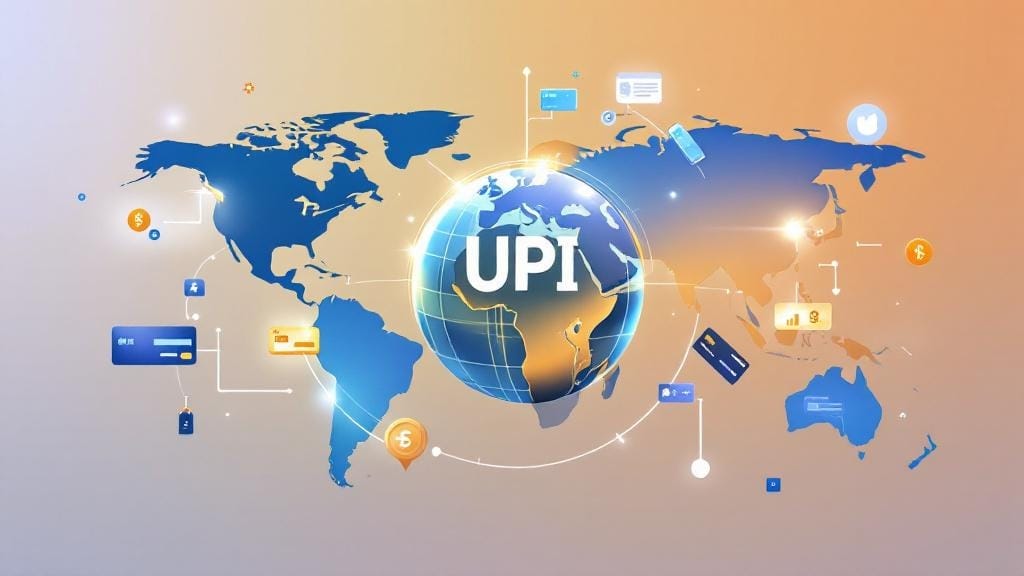Introduction: The Growing Importance of Digital Wallet Privacy
In today’s digital age, mobile wallets have become an essential part of everyday transactions. From buying coffee to making online purchases, digital wallets have made payments simpler and more efficient. However, this convenience often comes at the cost of security and privacy concerns. As more people adopt mobile payment systems, understanding digital wallet privacy and how to protect your personal information becomes critical.
In this blog post, we’ll explore the concept of digital wallet privacy, examine potential risks, and provide expert tips to ensure your payment data is secure. Whether you’re using Apple Pay, Google Wallet, or another mobile payment app, safeguarding your financial and personal information should always be a priority.
What is Digital Wallet Privacy?
At its core, digital wallet privacy refers to the protection of personal and financial information stored in mobile payment apps. These wallets hold sensitive data such as credit card numbers, bank account details, and transaction history. This data is vulnerable to cyber threats like hacking, identity theft, and fraud.
The key to ensuring privacy in a digital wallet lies in encryption, secure authentication methods, and data protection measures. Let’s take a closer look at some of the most effective ways to secure your digital wallet.
Why Digital Wallet Security Is Critical
Digital wallets store and manage vast amounts of personal data, making them prime targets for cybercriminals. A breach could expose everything from your banking details to your buying habits, leading to identity theft and financial loss.
Here are some critical aspects of digital wallet security that can help protect you from privacy risks:
1. Encryption: The Cornerstone of Security
Digital wallets use various encryption methods to protect your data, ensuring it remains private even if intercepted during a transaction. For example, end-to-end encryption for wallet transactions ensures that only you and the merchant can view the transaction details.
Most payment apps use encrypted mobile payments, making it difficult for hackers to access your payment details during transfers.
2. Two-Factor Authentication (2FA)
Adding an extra layer of security to your mobile wallet is crucial. Two-factor authentication for wallets is a popular method where you are required to provide two pieces of information: something you know (like your PIN or password) and something you have (like your phone or a security token). This significantly reduces the chances of unauthorized access.
3. Biometric Authentication in Wallets
Many modern mobile wallets come with biometric authentication, such as fingerprint scanning or face recognition, to ensure only the authorized user can access the app. This level of security makes it much harder for someone to access your digital wallet without your permission.
4. Privacy Features in Payment Apps
In addition to encryption and authentication, many digital wallet apps offer privacy-enhancing features like transaction history masking and one-time card numbers for online payments. These features protect your data from being exposed during transactions, adding another layer of privacy protection.
Common Privacy Risks in Digital Wallets
Despite the robust security measures in place, there are still several privacy risks in digital wallets that users should be aware of. Let’s examine some of the most common threats:
1. Data Breaches and Hacking Attempts
Hackers are constantly developing new ways to breach digital wallets and steal sensitive data. These breaches can lead to identity theft, unauthorized transactions, and even account takeovers. Therefore, it’s important to keep your app updated and use strong, unique passwords.
2. Weak Encryption Standards
Some digital wallets might not have the best encryption standards, leaving users vulnerable to data theft. It’s essential to choose a wallet with secure mobile transactions that incorporate the latest encryption technologies, like AES-256 encryption.
3. Untrusted Third-Party Apps
When you link your digital wallet with third-party apps, you open the door to potential risks. If the third-party app has weak security protocols or lacks GDPR compliance for digital wallets, it could compromise your data privacy.
4. Privacy Risks in Digital Payment Apps
Certain digital payment apps may track and store your transaction data for marketing or analytics purposes. Always review the app’s privacy policy to ensure your data is being handled responsibly and with full transparency.
How Blockchain Technology Enhances Privacy
One of the most promising developments in digital wallet privacy is the integration of blockchain technology. By utilizing decentralized ledgers, blockchain enhances privacy by making transactions traceable but not tied to a single identity. This ensures that even if a transaction is monitored, personal data remains secure.
For example, a wallet that uses blockchain-based payments can provide a higher level of data protection in digital transactions, preventing unauthorized parties from accessing your transaction history. Furthermore, blockchain’s transparent nature ensures that transactions are secure, immutable, and auditable, boosting your privacy and confidence.
Best Practices for Digital Wallet Privacy Protection
To maintain optimal privacy and security in your digital wallet, follow these best practices:
1. Use Strong, Unique Passwords
Your wallet’s password is your first line of defense. Ensure that your password is strong, contains a mix of numbers, letters, and symbols, and is unique to the app. Avoid using easily guessable information like your birthdate or common words.
2. Enable Two-Factor Authentication
Where possible, enable two-factor authentication (2FA) to add an extra layer of security to your wallet. This can significantly reduce the chances of unauthorized access to your digital wallet.
3. Keep Your App Updated
App developers frequently release security patches to address vulnerabilities. Always keep your digital wallet app updated to ensure that you benefit from the latest security features.
4. Review App Permissions
Be cautious when granting permissions to your mobile payment apps. Avoid apps that request excessive access to your phone’s features, like contacts or camera, unless absolutely necessary.
5. Avoid Public Wi-Fi Networks
Avoid making transactions over unsecured public Wi-Fi networks. Use a VPN if you must access your digital wallet in such environments to safeguard your data.
The Role of GDPR Compliance in Digital Wallet Privacy
The General Data Protection Regulation (GDPR) provides a framework for ensuring that businesses handle personal data responsibly. If you’re using a secure digital wallet within the European Union or dealing with EU customers, GDPR compliance is a must.
GDPR ensures that your personal data is processed transparently and securely. Digital wallets that comply with GDPR offer better privacy protections, including the right to request data deletion and clear consent mechanisms.
Frequently Asked Questions (FAQs)
1. What is digital wallet privacy?
Digital wallet privacy refers to the protection of personal and financial information stored in mobile payment apps. It includes encryption, secure authentication, and privacy features that ensure your data remains confidential during transactions.
2. How can I protect my digital wallet privacy?
You can protect your wallet privacy by enabling two-factor authentication, using strong passwords, keeping your apps updated, and choosing a wallet that supports end-to-end encryption and biometric authentication.
3. What are the risks of using a digital wallet?
The main risks include data breaches, weak encryption standards, third-party app vulnerabilities, and privacy concerns with digital payment tracking. Always choose a trusted wallet and be cautious of untrusted apps.
4. What is end-to-end encryption for wallet transactions?
End-to-end encryption ensures that only you and the recipient can view your transaction details. Even if hackers intercept the data, they won’t be able to read it.
5. Does blockchain improve digital wallet privacy?
Yes, blockchain technology enhances privacy by providing decentralized, traceable, but anonymous transactions. It prevents third parties from accessing your data, offering an added layer of security.
6. Are digital wallets GDPR compliant?
Many digital wallets are GDPR compliant, particularly in the EU. This means your personal data is processed securely, and you have control over its use, including the right to request data deletion.
Conclusion: Prioritizing Digital Wallet Privacy
In the rapidly evolving world of mobile payments, digital wallet privacy is more important than ever. As consumers, it’s our responsibility to ensure that our personal and financial information remains secure. By following best practices like using strong passwords, enabling two-factor authentication, and choosing secure payment apps, you can minimize privacy risks and enjoy the convenience of digital wallets with peace of mind.
Stay informed, stay secure, and always prioritize privacy when using your digital wallet.








Comments (0)